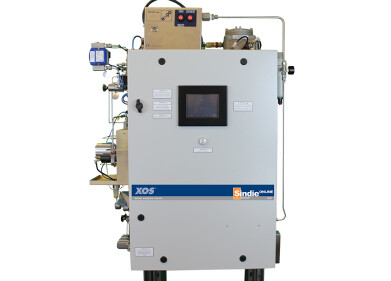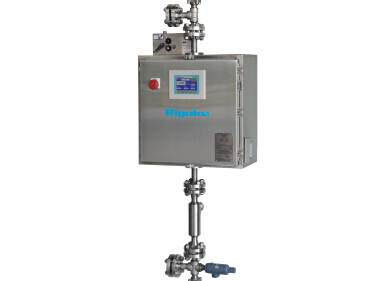Sulphur analysis
What is the Best Quality Oil?
Apr 22 2021
While all oil does share some similar characteristics, quality can vary enormously between blends. To find out more, we dive into the best quality oils in the world based on analysis of their properties, spotlighting characteristics such as sulphur content and viscosity.
Tapis
Tapis, a type of crude found only in Malaysia, is considered the best quality oil in the world. Light and sweet, it’s benchmark traded in Singapore and coveted for its remarkably low sulphur content (0.04 percent) and low density of between 43 and 45° API. In fact, it’s one of the only oils in the world with an API of more than 40. It’s also one of the only crudes with a sulphur content of less than .04%. These properties offer refiners huge value in terms of energy efficiency and compatibility with equipment and machinery.
Kikeh
Also found in Malaysa, Kikeh boasts API of 35° and sulphur content of just 0.1%. These highly valued refining characteristics mean that Kikeh generally trades at around USD4 to USD5 higher than Brent.
Bakken
Bakken crude extracted in Minnesota is one of the only oils that can match the lightness of Tapis, with a density of 39 degrees. It also has a low sulphur content of just .18%, making it a high quality oil with good scope for manufacturing commercial products.
Vincent and Van Gogh
Over the past year, Australian heavy sweet crudes known as Vincent and Van Gogh have stormed onto the scene. Coveted for their blending utility, these blends gained popularity when the IMO introduced new maritime laws requiring ships to use fuel with sulphur content of less than 0.50% m/m.
It’s all relative
Ultimately, the “quality” of crude oil is determined by the infrastructure available to refiners and the unique needs of the purchaser. As explored above, Tapis, Kikeh and Bakken are highly valued due to their easy refining characteristics. Similarly, heavy tar and bitumen from the Athabasca oil sands in Canada is considered “high quality” by USA refiners as they have the specialised heavy-duty equipment needed to process such a viscous product. Vincent and Van Gogh gained value when IMO laws changed and low-sulphur fuels maritime fuels were made mandatory. While these Australian grades don’t offer great refining characteristics, they are easy to blend and as a result gained value.
At the petrol station, it’s common for additives to be added to fuels to enhance properties and improve viscosity index. Additives can also be added to lubricants and greases, a concept that’s explored in ‘Development of Antiwear and Extreme Pressure Additives for Lubricants and Greases.’
Digital Edition
PIN 26.1 Feb/Mar 2025
March 2025
Analytical Instrumentation - Elemental Analysis for Quality and Process Control at Refineries, for Lubricants and Wear Metals in Engine Oils - Synthetic Lubricants: New Developments - Scaling...
View all digital editions
Events
Apr 27 2025 Portland, OR, USA
Apr 29 2025 Mumbai, India
Apr 29 2025 Edmonton, AB, Canada
May 05 2025 Houston, Tx, USA
May 06 2025 Nuremberg, Germany



















